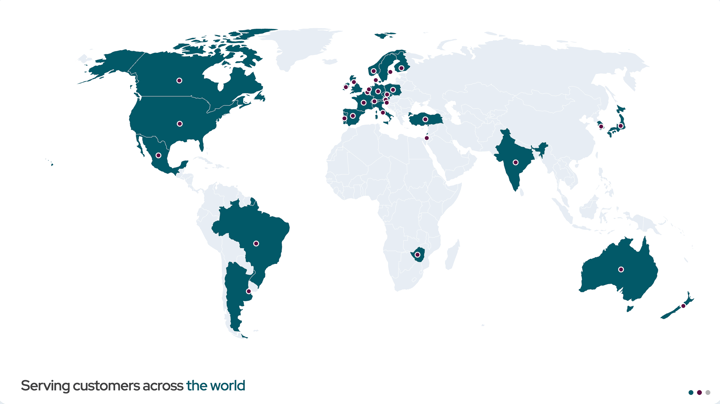Mender supports secure and robust OTA updates of Debian-based Operating System images such as Raspberry Pi OS. The Debian family of OS are highly functional and provide a range of options for running embedded devices in an IoT project. Debian is often seen as a good starting point when setting up a proof of concept in an IoT project as it is relatively easy to set up and configure and there is a tremendous amount of community support available. A Raspberry Pi 3 or 4 based on Raspberry Pi OS is a common choice for an IoT proof of concept. Yocto is a more streamlined custom Linux distribution requiring less system resources but a higher level of knowledge and practice. Mender supports OTA updates for both Debian and Yocto.
System OTA updates for Debian
The Mender documentation is a great place to start as it contains a comprehensive, step by step guide to integrating and creating system updates for a Debian family OS. It will show you how to convert a Mender Debian image and how to set up customisations so that for instance, you can use configuration files as a means to customize the conversion process for the Mender Convert tool, and add state scripts to a Debian image artifact using the Mender Convert tool. The documentation will also show you how to customise Mender specifically and how to take the Mender disk image and write it to the storage of the device. You will also learn about the variables that the Mender Convert tool uses during the conversion process.
Additional Debian OTA tutorials on Mender Hub
There are a wide range of tutorials available to help set up and perform different types of Debian updates on the Mender Hub community platform.
In the first example Mirza Krak integrates a Beaglebone Black board with Debian 10.3 release and Mender. This tutorial shows you how to convert your own image and how to build a Docker image for Mender Convert, a utility which enables Debian images to be updated over the air from the Mender server to the Mender client on the device. The tutorial also shows you how to download the most current Beaglebone raw disk image and how to convert this image to support Mender. It proceeds to show you how to use the output images, boot from an SD card and connect to the Mender server, and finally how to create a highly efficient workflow to generate the Mender artifact files from a golden device.
In the second example , Matthias Lusecher explains how to build Mender-enabled system and image updates for a board based on the i.MX 8 processor, in this case, the Compulab IoT Gate iMX8. The OS set up in this example is Debian Buster 10.6.
Try Mender and see if it addresses your Debian use case
Try Mender now with your Debian-based image, and its full range of Enterprise-grade features for 10 devices in a special trial evaluation for 12 months.
Recent articles
New Mender experimental AI-enabled feature
Mender in 2025: A year in review with compliance, security, and AI-driven growth
What’s new in Mender: Enhanced delta updates and user experience
Learn why leading companies choose Mender
Discover how Mender empowers both you and your customers with secure and reliable over-the-air updates for IoT devices. Focus on your product, and benefit from specialized OTA expertise and best practices.



